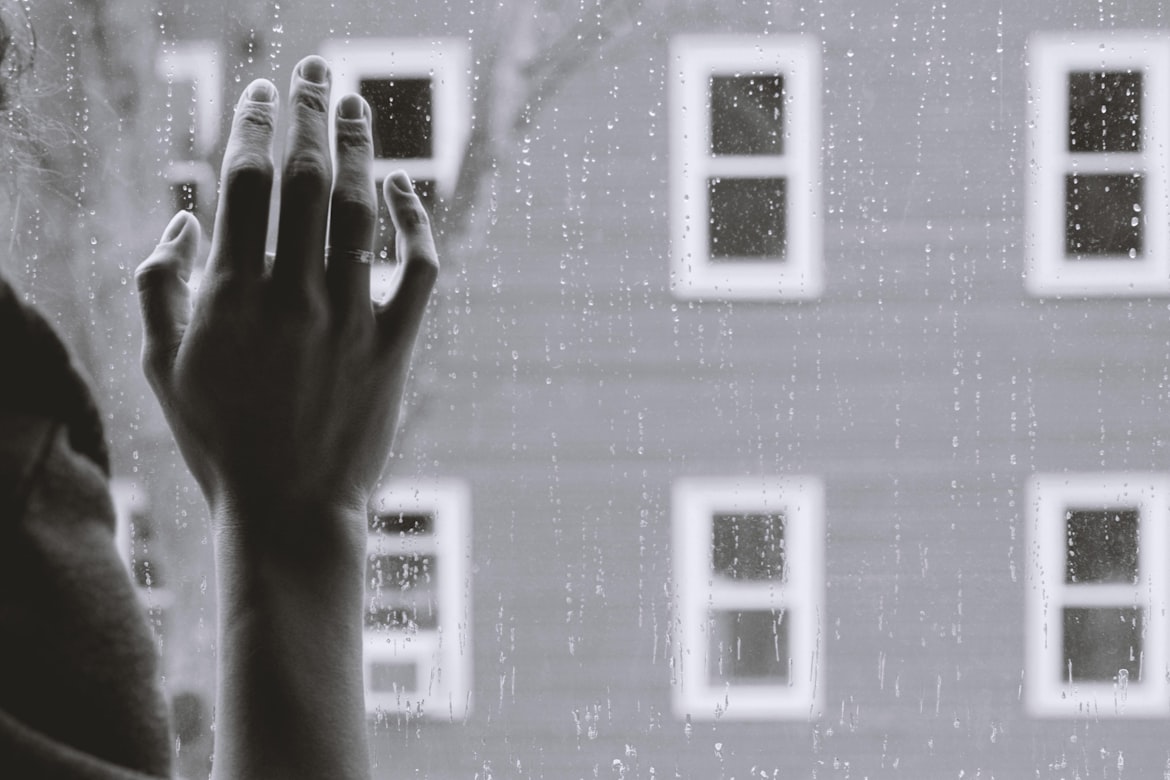You may feel angry, guilty, or physically hurt. You may feel the need to cry or sit in silence. Luckily, there are many ways to cope with the loss of a friend. Try talking to someone who knows how you feel. You'll often find that you can begin to feel better after talking to someone experiencing the same emotions.

Anger
Losing a friend can be devastating. It can trigger a range of emotions, including anger, panic, and depression. Fears of mortality and responsibility alone can also arise. Losing a friend can cause you to blame yourself for not being there for your friend more. Anger can also lead to self-blame.
One of the best ways to cope with the loss of a friend is by finding a new group of friends. You can start by talking with someone you trust. You can also take up a new hobby or join an online group. Whether you lose friends due to death or separation, there are ways to move on and make new friends.
Guilt
Grieving for a friend is an emotional process that requires full attention and time. Feelings may include anger and confusion. People may also feel guilty over past arguments or actions. This is a very personal type of grief and is influenced by the type of relationship the deceased person had with the individual. While this grief can be difficult to deal with, it will eventually pass. In the meantime, it is important to remember that you are not alone.
Talking to a trusted friend can be helpful when coping with the loss of a friend. The act of talking to another person will clear your mind and help you to express your feelings.
Physical pain
Physical pain and friendship breakups correlate with clinically significant pain, but not the other way around. Although the relationship between pain and friendship stability is not fully understood, the study suggests that pain-related disability may be a contributing factor. Friendships are powerful social support and can help a person cope with loss. But a close friend's friendship can also be destroyed, so assessing the friendship status of ACP is critical to providing individualized care.
Another common physical pain of loss is back and joint pain. This can lead to stiffness and headaches. This is caused by the release of stress hormones in the body. These hormones effectively stun muscles, similar to the "broken heart syndrome." However, these physical pains should only be short-lived and temporary.
Sitting in silence
No desire to hear or see anyone. Sound familiar? That feeling when you don't have the energy not to learn, not to do anything. To somehow cope with deadlines, you use "write my essay" online help at best, and at worst, you do nothing. But sitting in silence can be a therapeutic process for grieving friends and family. People mourning the death of a friend or family member should resist the urge to talk and fill the silence. Being present can be soothing and show that you care. It may also help to avoid making assumptions about the bereaved person's grief.
Being kind to yourself
Being kind to yourself can make dealing with grief easier. It is important to practice self-compassion, eat well and get enough sleep. It can also help to remind yourself that you are not alone. The loss of a friend can be painful, but you can cope.